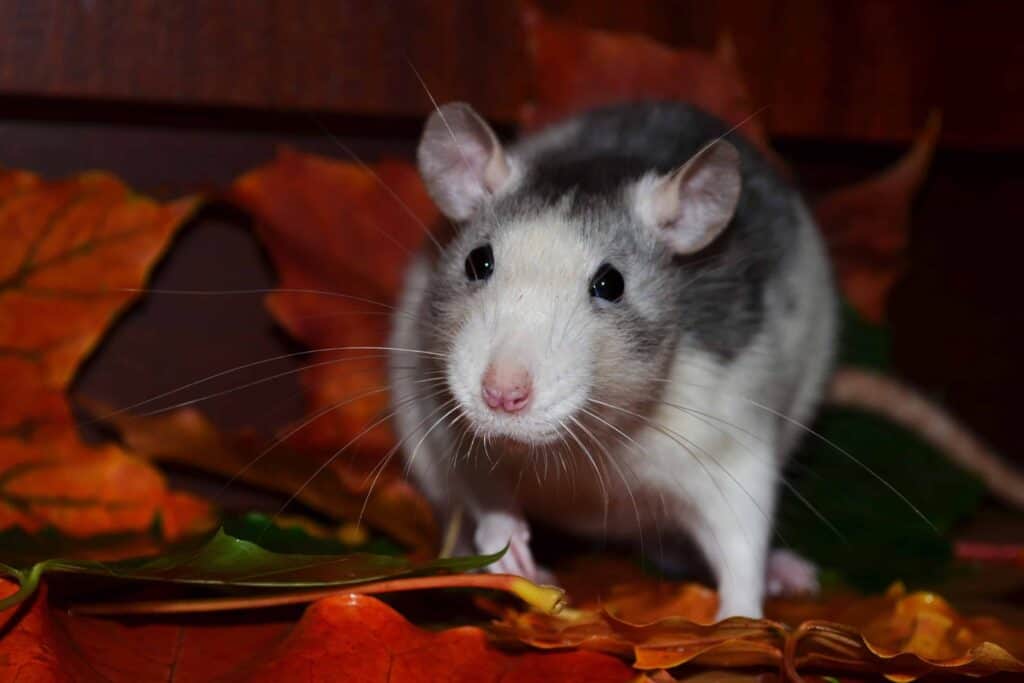To be, or not to be.
For advocates of plain writing, Shakespeare’s most famous monologue is a touchstone.
Its opening sentence consists of nine one-syllable words in a row, followed by one containing just two (depending on whether one reads “question” as two syllables or three).
It’s a simple sentence, based on a four-letter infinitive that cuts to the heart of the existential question facing Hamlet (or anyone else) of whether or not it is worthwhile continuing to exist.
For language lovers, it also provides an excuse to poke around in the “be” section of one’s favourite dictionary.
Within a few pages, one can encounter (in alphabetical order): becalm, befall, befit, begrudge, behest, behold, beholden, behooves, belay, belie, belittle, bemoan, bespeak, bespoke, bestow, bestride, betray, and even betide and betimes.
For a moment or two, let’s amuse (or even bemuse) ourselves by dancing lightly through those few pages.
In its role as a verb, “be” can be substantive, copulative or auxiliary; sometimes active, sometimes passive, sometimes subjunctive. Aren’t you glad you asked?
The fun comes when it’s essentially used as a prefix to goose up certain verbs (bedevil, befoul, befuddle or bewitch), or to create competent adjectives (beguiled, bejeweled, benighted, besotted or bewigged).
At this point, I once again feel obliged (even beholden, perhaps) to express sympathy to anyone who has set about to learn this ridiculous and frequently illogical language known as English.
Just for fun, let’s take a closer look at just a few of the words mentioned in the sixth paragraph of this diatribe.
If I behold something—in the sense that I observe or witness it—how does it follow that being beholden implies that I am duty-bound (by principle or by obligation to another person) to do (or not to do) a certain thing?
If the prefix “be” is sometimes used as a substitute for “by” or “bi,” why doesn’t the word “behooved” imply a creature that makes its way through life by way of two or more hooves?
If “belie” implies giving a false impression of something, why does “belay” (which looks for all the world like the past tense of the same verb) denote the action of making something secure—as in a sailor belaying a hawser around a cleat?
If “bespeak” means to stipulate something before the fact, by what logic is a “bespoke” suit automatically assumed to be superior to one that is ready-made or off-the-rack?
If being “bestride” something—a horse, a chair, a fallen foe, for example—is exactly the same as being “astride” the same object, why should the word exist at all?
If “between” and “betwixt” have interchangeable meanings, do we really need to clutter up the language by having them both?
Oh, my beloved mother tongue: betimes, you leave me bewitched, befuddled and/or bewildered.




